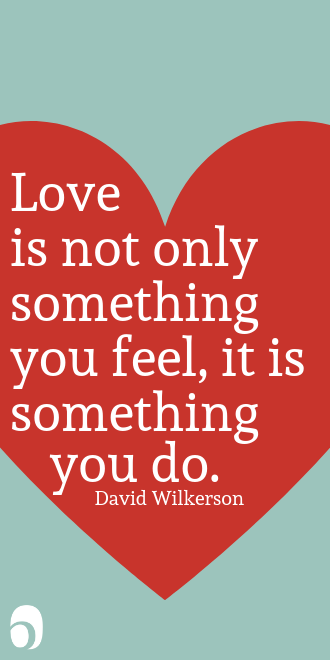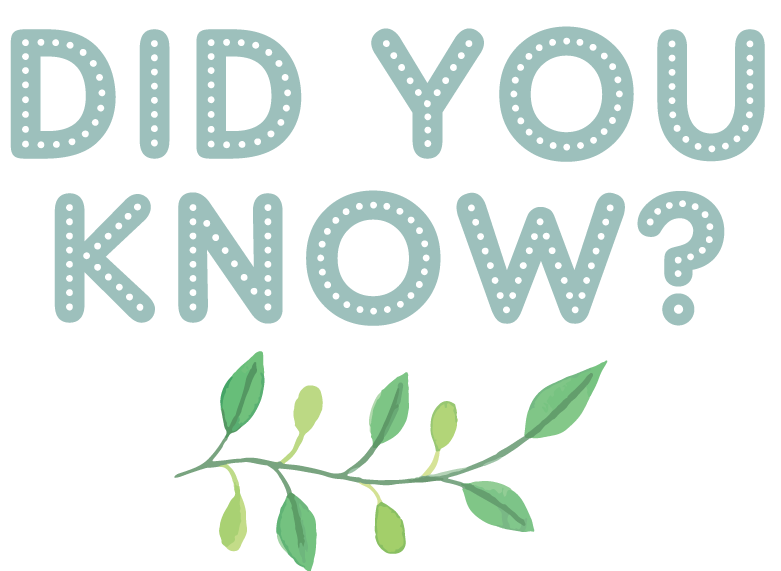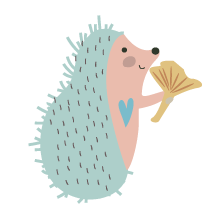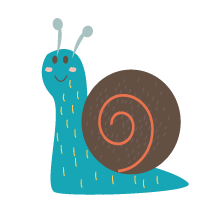
POP-UP Mini Kit Growing Love
We want our kids to thrive, to feel safe, to help others, to feel sure within themselves. What can we do? We can love them. But, as the highlighted quote below will tell you, love is more than a feeling. It is an ACTION.
We hope this month’s Mini POP-UP Box gives you some tools for actively showing the children in your life how much you love them.
- Introduce the different love languages to the child. They are touch, words of affirmation (kind words), quality time, gifts, and acts of service. If you aren’t familiar with these terms, you can do a quick Internet search to brush up on them before introducing to your child.
- Together with the child, explain each love language and come up with an example for each. Then, trace a picture of their hand, and write each love language on each of the five fingers. Then, brainstorm words and pictures that they associate with each, putting them by that love language on the picture.
- Then, looking at the hand picture you just created, ask them if they have a favorite way to receive love. Does one of the fingers that they drew make them feel especially loved?
- When they’ve identified their top love language or two, cut out circles of paper with tape attached to the back to make ‘love stickers.’ You both can draw and write on your love stickers to proudly share your love language! Or, if they’d like to keep it more private, they could assign a color to that love language and color it that color. Be sure to take a picture!
You can use this activity as an opportunity to discuss affection, empathy, and sharing love.
How could you give the other person their love language more often?
What love language surprises you most?
If you get in an argument, how could you use each other’s love languages to make amends?
How can we communicate that we want a different kind of love to people? If we are getting too much or too little of one that we don’t want, what actions steps can we take to change that?
Research from Duke University, which followed 500 infants into their mid-30’s, found that babies with very affectionate and attentive parents were more likely to grow up to be happier, more resilient, and less anxious adults.
Kitchen Table Question:
“How could we show each other that we love each other using our love languages more often?”
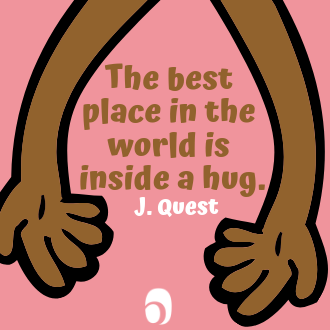

Mini POP-UPs
Activities to try now
Map
Volunteers & Partners
Media
Spread the Word!
Partners
Become a Partner



